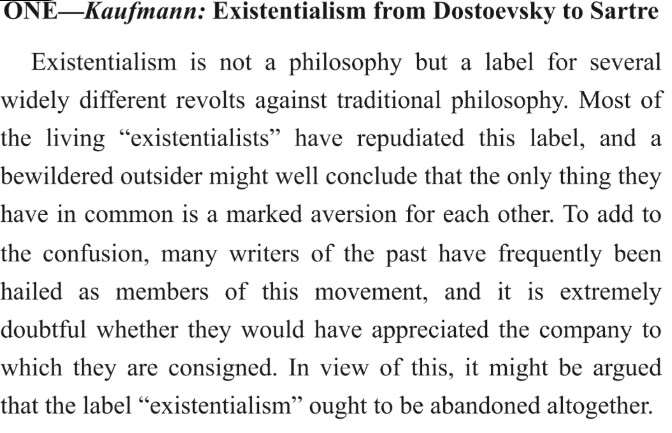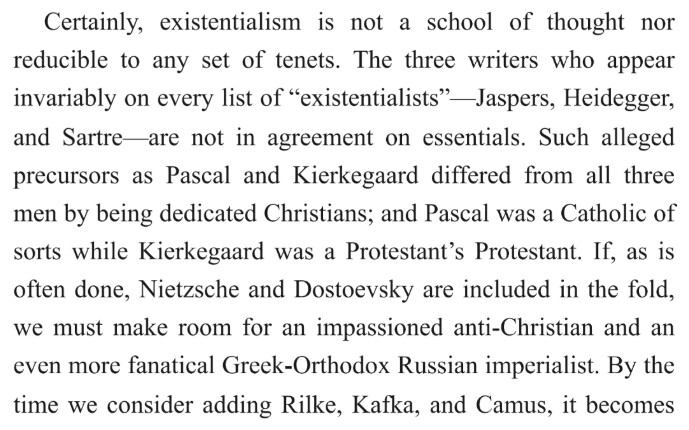No, I’m not confused. I’m disagreeing with you, that’s all. The “mind” is the product of the physical brain. It’s simply metacognition, not something with a life of its own (let alone eternal life).
The mind isn’t a product of language. Neanderthal likely spoke a proto-language, yet they produced musical instruments and a few symbolic artifacts. They had a mind much like ours and even mated with us in the not-so-distant past.
Chimps, as I noted before, have first-order Theory of Mind just like human toddlers. In other words, both human toddlers and chimps can project their thoughts into the mind of another and imagine what they’re thinking. Male chimps spend most of their free time deceiving and playing tricks on their peers. Chimps even laugh, though it took us humans a long time to realize it because researchers confused their laughter for panting. They don’t have the right vocal tract to laugh or produce speech. In short, previous hominins, chimps and other animals have “mind” without fully modern language, so your premise is flawed.
With apologies to Francis Collins, DNA and language are only roughly comparable.
The human mind isn’t a product of language alone. The brain and language co-evolved throughout the Homo lineage. DNA doesn’t have representational capabilities. I have no idea what you mean by that. DNA has some characteristics roughly comparable to language, but language is a product of cultural evolution, while DNA is biological evolution. Two totally different mechanisms.
Your “demonstration” is a non sequitur. The fact we can speak and reason about DNA has nothing to do with whether the “mind” is a product of language.
No, animals don’t have language. They have systems of communication, but that doesn’t preclude them from having rudimentary forms of what you call “mind.”
Language was simply one step up the ladder toward love and empathy with both God and our fellow human beings.
It’s easy to falsify. Point to a quality you consider uniquely human, and I’ll be glad to point out its roots in the animal kingdom.
Your counter-claim contains the weasel words “ideas and concepts” and “directly from animals.” That allows you to wiggle out of anything because you make everything hinge on abstractions and demand a direct line of abstract ideas from animals, who aren’t capable of such, to humans. That’s a no-lose proposition, which is truly meaningless.
Nope. Among chimps, for example, some behaviors are inborn, but most are learned. That’s cultural learning, not biologically inborn and encoded in DNA. Jane Goodall characterized their society as “order without law.” They don’t have a “moral code” because they are amoral. So when they witness things like infanticide and cannibalism, they go about their business because they have no category for such behavior.
No, I’m doing the opposite. My frank challenge was for you to put forward something uniquely human, such as language or morality, and I would be glad to demonstrate its roots in the animal kingdom.
I think you’re reading your own biases into my words.

